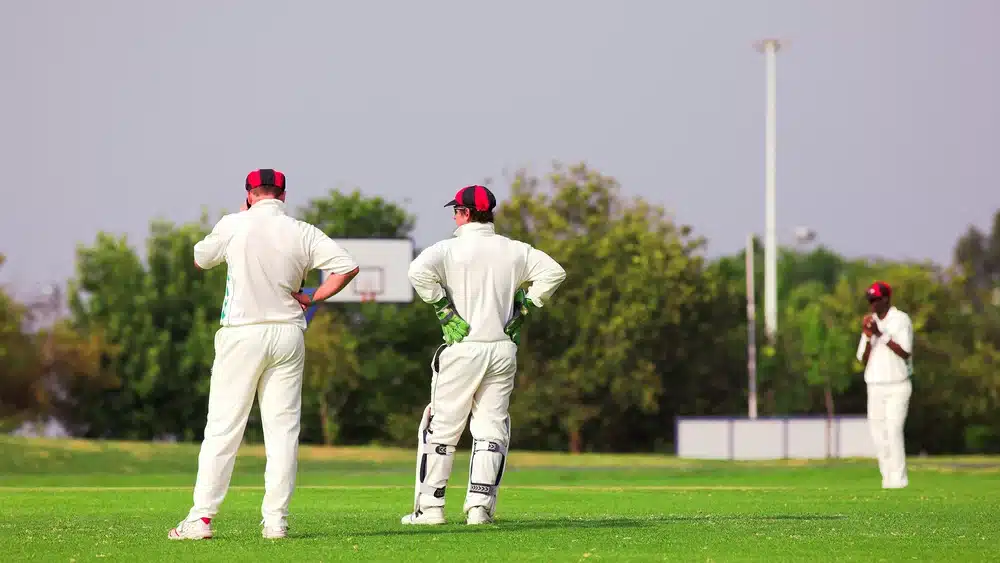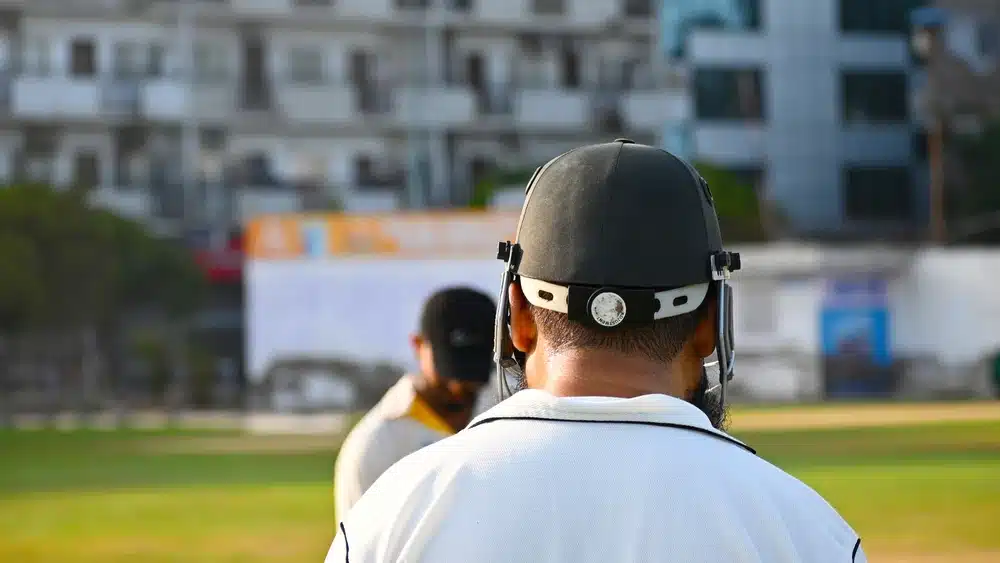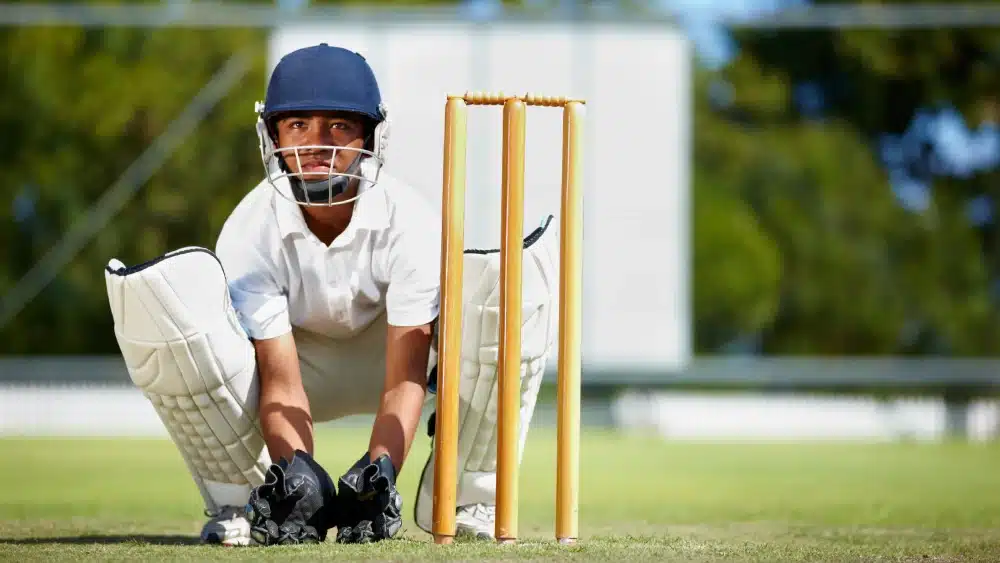
South African speedster Duanne Olivier surprised the cricketing fraternity with an announcement late on Tuesday, confirming that he had signed for Yorkshire Cricket Club till 2021. His ratification with the English county means that he would effectively be cutting short or even possibly ending his International career after just 10 Tests and two ODIs for his country, due to the ‘Kolpak ruling.’
From an outsider's point of view, it would be almost farcical to imagine players abruptly aborting their International careers in favour of English county stints. Nevertheless, 40 South African players including big names like Abbott, Olivier and Prince have bailed on their International careers to represent the likes of Yorkshire and Sussex and the rest.
The most obvious reason behind choosing the English county life is greater remunerations. A county stint in England is certain to pay more handsomely than the contracts with their respective national boards. South Africa’s Kyle Abbott was rumoured to augment his earnings by around 100,000 pounds after he decided to ditch his International career in favour of a contract with Hampshire in 2017.
A sportsperson’s playing life is very short and volatile, with only a handful of years during their young days to earn the bulk of their revenue. Even the prime years of a sportsman are full of instability, with injuries or slumps in form eating away into that limited earning period as well. Considering these overarching circumstances, signing a County contract seems rational to achieve financial stability.
Finally, signing a Kolpak deal is a good way for a non-European cricketer to make quality revenue despite playing only for a limited time of the year, rather than playing year-round as it would have been with their national team. The English winters set in by late September and persist till the end of March, meaning the cricket season can only be feasible in those spring months. Considering player fatigue and the hectic International schedules, one can therefore probably empathize with Olivier for opting the Kolpak route.
The Flip Side
However, the opportunity of representing one’s country is perhaps one too good to throw away so callously, just for some cash in the kitty. Most cricketers are paid quite handsomely by their respective boards, especially in comparison to the average man’s salary. Also, no young cricketer gets into the game with the intent of becoming a millionaire. The extra cash is but a mere evolutionary evil that mars the innocence of a sportsman’s first initiation to the sport.
Unlike with football, where franchises games are more important than Internationals, cricket has very much maintained its national identity where playing for the country remains one’s ultimate goal. Had Duanne Olivier stuck with the South African team, he could have had the chance to test his skills against the likes of Virat Kohli or Joe Root, rather than wasting his prime years as a pacer bowling to washed out English batsman or untested rookies.
Additionally, every Kolpak player that signs for an English county hampers the growth opportunities of a local English player, ultimately effecting the English cricket team. Owing to their International reputations, the likes of Olivier and Abbott aren’t going to be benched a lot which means two budding fast bowlers of Yorkshire and Hampshire respectively get frozen out of the squad. A point to ponder for a nation already losing its affinity for cricket due to the overarching popularity of football and rugby.
Ultimately, the decision of accepting or declining a Kolpak deal rests completely on the player, and one must respect their personal decisions. One can argue about the merits and demerits for months on end, but if a player's love for cricket trumps his greed for extra Money then it would be beneficial for the overall health of the gentleman's game.



















